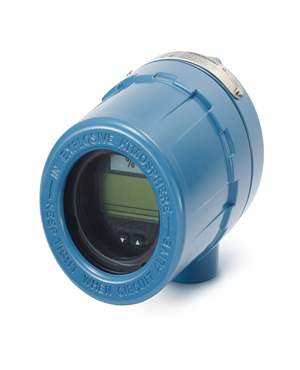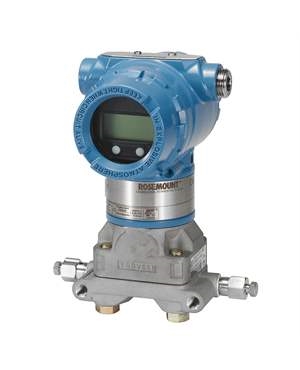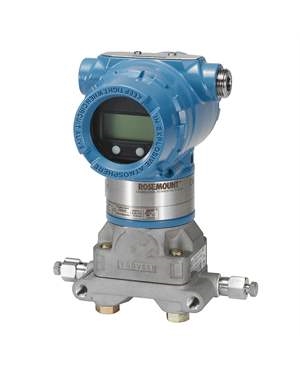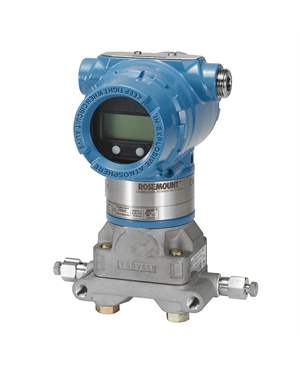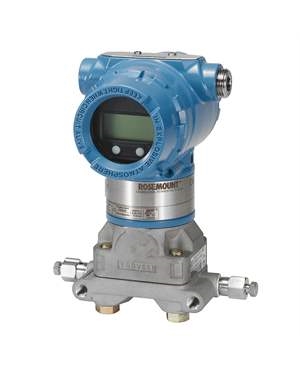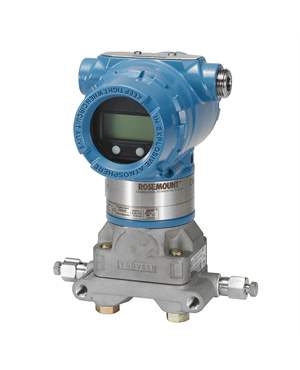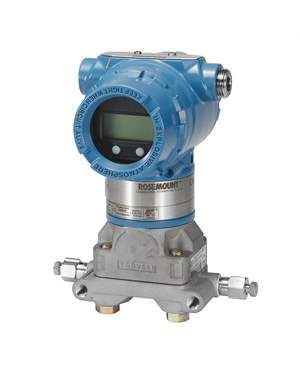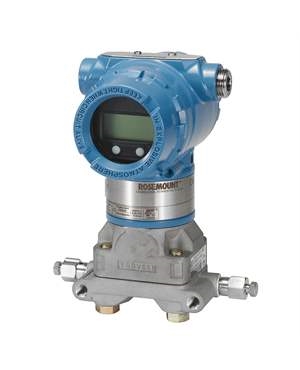4 Reasons Why Transmitter Calibration Services are Important
Brian Craig
April 20, 2018
Transmitters are used in various process industries to measure temperature, pressure, level, and flow of media. The plant operators use the readings provided by these transmitters to optimize their processes. Thus, any incorrect measurement in pressure, temperature, or level may be detrimental. This is why organizations emphasize on transmitter calibration. What is calibration? Why is this process important? This post answers these questions to make you understand the importance of transmitter calibration services in the process industry.
Brief Introduction to Transmitter Calibration
The performance of a transmitter deteriorates with time. When this happens, transmitters become unreliable, and may start producing inaccurate results. Calibration refers to the “comparison of the current readings to the standard accurate reading”. Calibration is performed to determine any drift or deviation in readings.
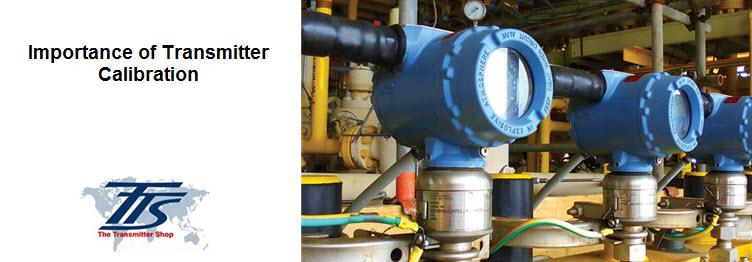
What is the Importance of Transmitter Calibrations
The following 4 reasons will help you understand why transmitter calibration is important:
- Helps Maintain Safety in Process Environments: Calibrating level, pressure or temperature transmitters is important because inaccurate readings may be dangerous. In some process industries, inaccurate readings may put lives in danger. If there is a huge drift between the accurate and current readings, it may impair the final results and bring severe revenue losses.
- Helps Identify Errors in Readings: Many times, the performance of a transmitter may take a dip due to several reasons ranging from operational stress, operating environment, etc. Although most branded transmitters are guaranteed to provide long-term performance, they may not yield as per expectations due to several reasons. Calibration will help reduce drift in readings, and reduce disastrous impact on productivity. This helps ensure that the processes will deliver desired results.
- Additionally, calibration helps identify several installation and alignment errors of these transmitters. For accurate measurements, these transmitters need to be placed at the right location or angle within the equipment.
- Helps Avoid Damage: Machine downtime is one of the leading causes of industrial inactivity. This can be expensive in terms of revenue, and can lead to a wastage of resources. Proactive calibration of transmitters will help plant operators to reduce this downtime, and maximize their productivity. A slight miscalculation in readings may widen the gap between optimal results and damage.
- Conformance to Regulations: Quality standards are important for any business organization that wishes to make a big impact on its customers. Manufacturing companies are required to adhere to certain quality standards, if they wish to remain in business. Calibration is one process or adjustment, which helps these businesses match the requirements of quality regulations. For example: In the energy industry, calibration helps organizations meet requirements of environmental regulations. In various other industry verticals, transmitter calibration helps meet requirements of ISO certification standards.
Today, various transmitter suppliers provide calibration services. You can approach them to perform calibration of your transmitters. The Transmitter Shop provides transmitter calibration services, which allow manufacturing organizations to maintain the accuracy of readings and control processes for optimum results.

Related Posts
- Everything You Need to Know About Industrial Process Temperature Measurement
- 8 Reasons to Opt for Remanufacturing
- 4 Reasons Why Transmitter Calibration Services are Important
- The Features and Benefits of Rosemount 1199 Direct Mount Transmitters
- 5 Reasons Why Should Consider Refurbished Rosemount Transmitters
- Why Choose Rosemount 3144P Transmitter to Get Right Temperature Feedback?
- How to Achieve a Better Temperature Measurement Accuracy?
- What Are Diaphragm Seals and Their Types?
- Temperature Transmitter: How to Select The Efficient One for Your Application?
- Industrial Instruments in Nuclear Power Plant Safety
- Complete Hydrogen Gas Safety and Measurement Solutions
- Steam Boiler Drum Level Measurement A Comparison of Control System Technologies
- Furnace Flame Sensor Faults Everything You Need to Know for Safe Operation
- Comparison between Multi Valve Manifolds Block Valves and Bleed Valves
- Pneumatic Pressure Controllers: A Safe Choice for Hazardous Areas
- Furnace Flame Sensor Faults Everything You Need to Know for Safe Operation
- Pneumatic Pressure Controllers: A Safe Choice for Hazardous Areas
- How Can Greenhouse Gas Emissions Be Reduced?
- A Practical Guide to Vacuum Measurement and Operation
- Understanding Electrochemical Detection: Principles, Techniques and Environmental Application
QUICK ENQUIRY
